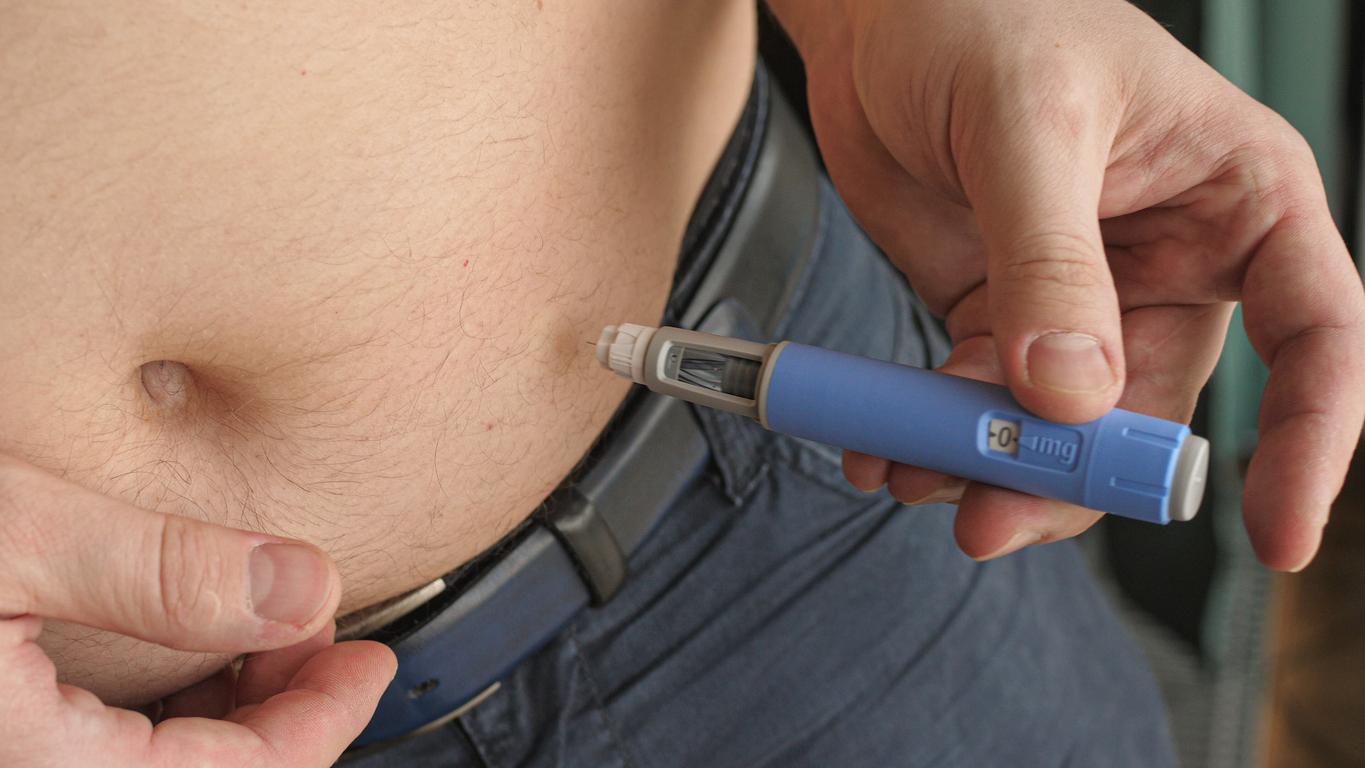American researchers administered for 56 weeks, 3 mg doses of the Victoza molecule called liraglutide associated with a balanced diet and physical exercise. In the end, subjects lost an average of 5.9% of their starting weight.
“This molecule delays the passage of food from the stomach to the small intestine, thus lengthening the patient’s feeling of fullness. Victoza improves blood sugar monitoring, but may also help with weight loss. It helps suppress appetite because it delays the movement of food from the stomach to the small intestine. As a result, the patient feels “full” faster and longer, so he eats less ”explains Dr. Maria Collazo-Clavel, author of“ Mayo Clinic The Essential Diabetes Book ”.
Researchers have noticed other positive effects of this molecule. This drug also reduced the level of glucose in the blood by 1.3% of the individuals in the group who received the highest doses of liraglutide. However, scientists have also found side effects, such as nausea and gastrointestinal upset.
Danish pharmaceutical company Novo Nordisk is still awaiting authorization from the American (FDA) and European (EMA) health authorities to market this drug to obese and overweight adults.
If this drug were approved for use for weight loss, it could help a large part of the population.
Indeed, “losing and controlling weight is generally much more difficult for overweight or obese people who also suffer from Type 2 diabetes Explains Dr. Robert Kushner of the Northwestern Comprehensive Center on Obesity in Chicago. “Given the challenges these patients face, the 5.9% weight loss resulting from taking 3mg of liraglutide in this study is impressive.”
In a report, the WHO says that Europeans are getting bigger and bigger: 27% of 13-year-olds and 33% of 11-year-olds are overweight. And, the number of overweight or obese inhabitants of the planet reached 2.1 billion in 2013 (including 671 million obese).
In 2013, 271,300 Europeans over the age of 20 died from an illness linked to diabetes. Half of people with diabetes die from cardiovascular disease. Between 10 and 20% of patients die from kidney failure, 10% develop severe visual impairment and 50% suffer from diabetic neuropathy. In Europe, 1 in 12 people have type 2 diabetes.
















